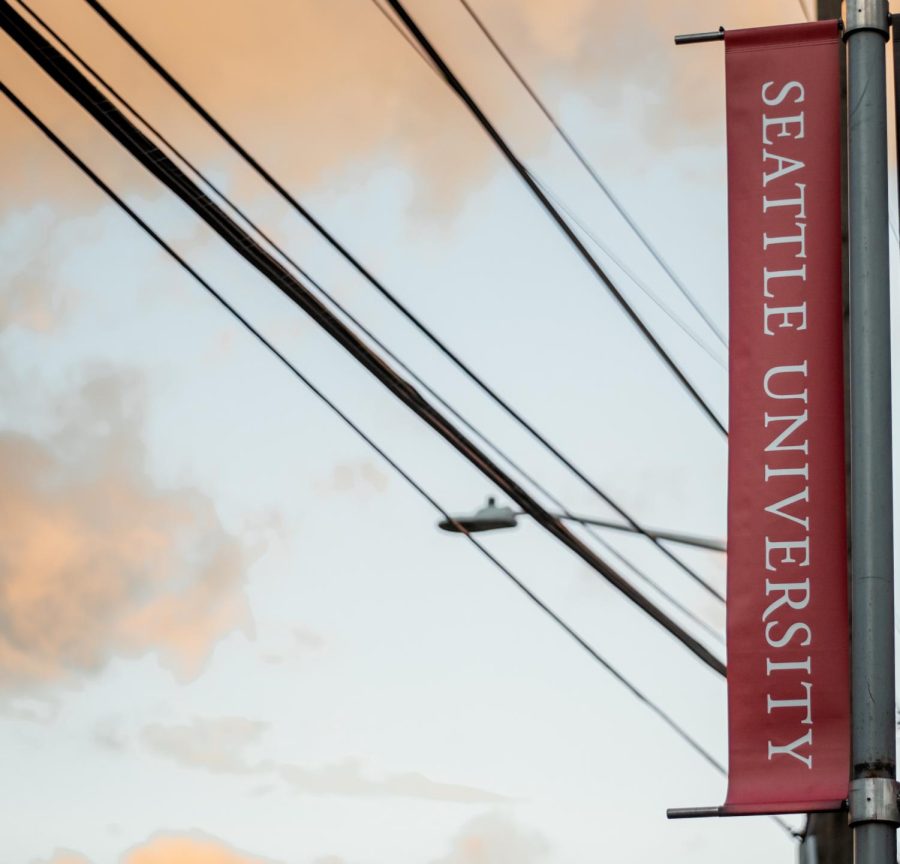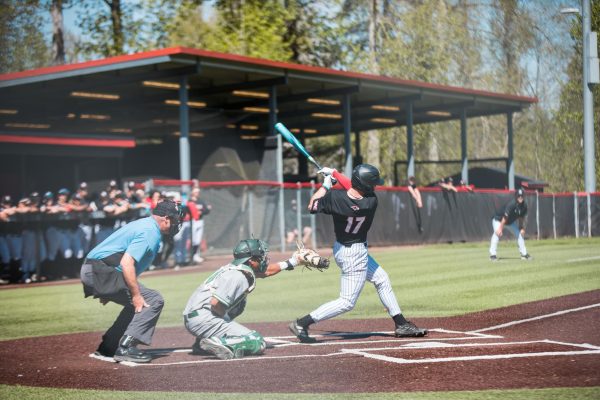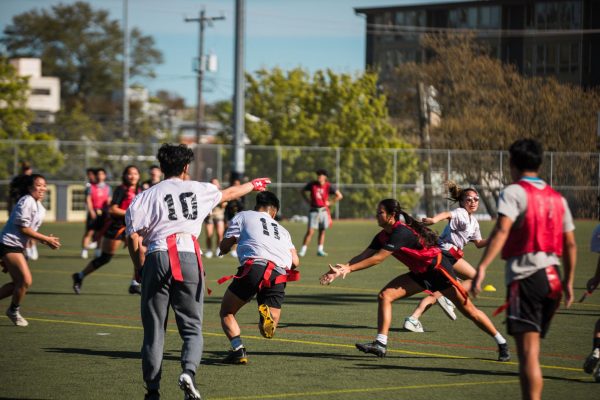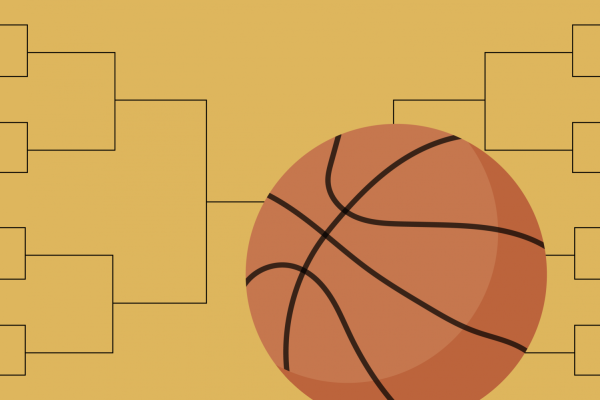Student Athletes Juggle Mental Health, Academics and More
Student-athletes can face an extreme amount of pressure as a result of a struggle with mental health as they look to balance their athletic schedule, school and life. Athletes at Seattle University face adversity on and off the field as they juggle their commitments.
Many student-athletes at Seattle U are burnt out from their high-demanding schedules. The 18–21 year olds are still figuring out how to live on their own in college, while also earning their degree and attending daily practices. They face a constant amount of pressure to perform at their best and earn perpetual criticism if they are unable.
Grant Balcer, a second-year marketing major and goalkeeper for the men’s soccer team, shared the challenges he faces in his everyday life.
“The challenge I face is getting up and having motivation everyday,” Balcer said. “I wake up with bad days and I wake up with good days. Adding school work on top of that and going to class or getting a bad quiz grade all piles up.”
Student-athletes have a higher risk of developing eating disorders or substance abuse than their non-student-athlete counterparts. However, athletes are seen by many at the university as healthy and happy due to their high physical activity. Further, the public sees athletes in an admirable light. However, this does not reflect the personal struggles of athletes.
Viktor Rajkovic, a second-year computer science major and a forward on the men’s basketball team, shared how he manages his mental health as a student-athlete.
“I think that having balance and staying organized are very important,” Rajkovic said. There are times where it feels like all of my energy is going to my sport, despite the fact that I need it for all the other things going on in my life like school, hobbies, family and friends. As soon as I feel that I’m not as organized or disciplined whether it be with school work, workouts or even sleep, I feel like it can get overwhelming really quickly.”
Although sports psychologists have been a huge help for mental health, universities have been called upon by athletes to do more because this issue has only evolved becoming more prevalent in recent years.
According to many student-athletes, there are not enough “training models” and programs for sports specific psychology training. Another issue is the huge emphasis and perceived importance of athletes being tough and performing well.
“A stressor from time to time is the pressure to perform well on the court,” Rajkovic said. “I love playing basketball and it is something that is fun for me but there are times where it creates more stress than I’d like it to.”
The stigma surrounding mental health can be unhealthy for student-athletes. As far as performance, there is a great emphasis and pressure to succeed.
“When I dealt with the worst of my mental health, it was back in November,” Balcer said. “I stayed home and didn’t go to school for a month and a half. I also wasn’t playing soccer and I was focusing on myself because I didn’t feel like the university offered the resources to allow me to come back out here and feel like I was in a safe environment.”
Student-athletes at Seattle U face and cope with mental health struggles in many different and unique ways. As a result of being in a widespread athletic conference, many sports at Seattle U have to travel long distances to compete. This can be difficult for young adults who have much on their plate.
Second-year Biology major and dancer Angelina Spitzauer shared an issue that student-athletes have to deal with during their seasons.
“Athletes are just held to a higher standard so the school really doesn’t realize how much pressure they are putting on us,” Spitzauer said. “Most coaches understand and are supportive, but professors are sometimes hard on us about missing class for athletic events or being tired in class because we were at a game till maybe 10 the night before.”
As athletes continue to deal with mental health, universities across the country continue to find ways to make sure they have the proper resources to reach out. A break is necessary for individuals who get burnt out and no longer can find the joy in the sport they love. They are students first and athletes second, a fact athletes and their support systems continue to work to reaffirm.







![The 2024 NBA Playoffs’ Best Moment May Be the First Round [Opinion]](https://seattlespectator.com/wp-content/uploads/2024/04/NBAPlayoffWeb-600x396.jpg)


